Never pay more when you can pay less
That's the topic of today. If you are interested you can always check out my previous posts:
Rule 2: Don't buy garbage. Topic: Water
Rule 1: Don't pay someone to cook your food. Topic: Am I crazy
I'll admit, in Canada I really don't have to pay very close attention to my budget for food. At the grocery store there are some items that I would think twice before buying (choice steaks are often about 50HBD/ 25K Naira) and Lobster can be even more expensive. However, food takes up a small percentage of my overall budget.
Housing is by far the larger portion of the average Canadian's income. Many people paying more than half of their wages to have a place to live.
That isn't the case in many developing nations. In the Philippines where my wife's family live housing is relatively cheap but FOOD is their huge expense! According to a friend @jmis101 she has also told me that:
Then feeding which comprises of a lot
Now when the Hive Learners were talking about inflation it came up that many members, especially the Nigerian ones, bought in bulk to save money. Great idea USUALLY
Why is Bulk only usually a good idea?
Here are my reasons in on particular order.
ONE. If you have more you tend to eat more
Ever see the size of the average American (or Canadian). Tends to be pretty large! Why? There is so much food available. It takes a lot of willpower to say no when yummy food is nearby.
TWO. If you have more you tend to give more
Let me ask you: If you have food and your neighbors are hungry what will happen? Usually they will : Ask you for food. Steal your food. Or you will help out by Giving them some food.
THREE. Bulk isn't great if you can't afford it
Sure paying half price per kilo when you buy 50 kilo's is a good deal. Except that still means a large price to buy it. If the item is N 30,000 and you only have N 20,000 then you can't buy it and you just feel sad because you have to pay the full price per kilo 😓
FOUR. Bulk can get heavy
Sure you can get a great deal if you buy 100kg of soya beans. Really cheap way to feed a family for a long time. Then again, every try to lift 100kg of soya beans? Better take a strong friend and lift together. It gets HEAVY
Five. Bulk can be embarassing!
Imagine taking the bus home with a 50kg sack of groundnuts. Having to heave it in and drag it down the aisle. Everyone looking at you wondering....Why??? Embarassing. Or from personal experience. Purchasing 10 x 2kg bags of sugar then placing them in the car. No problem...until I go across the border to the USA and the border guard wonders why I have so much white powder in the vehicle. Then I get pulled over for vehicle inspection. Embarassing
Six. Bulk can go bad if not eaten in time
Throwing out bad food always makes me sad. Throwing out a huge bag of food because it has gone stale or rancid just makes that feeling worse.
But I'm still going bulk to show how to minimize budget!
Now the rules as I see them:
- Only going with staple products. Nothing processed
- Only going with products that do not need refridgeration or special storage
- Only going with products that are under $2.15HBD / N1000 for 2000 calories.
Why?
Not processed because processing means it will be more expensive than the non-processed version.
Only going with food that doesn't need cold storage because one power outage and a lot of food is lost if the item needs cold storage.
Going for 2000 calories for under $2.15HBD
.....because 2000 calories is typical daily requirement for an adult
.....$2.15HBD/1000 Naira--that's the World Bank cutoff for extreme poverty.
How to standardize the cost
When you see the price of a food you will see how much it costs per 100g, or per Kg, or per paint, or per can etc. However, that makes it hard to see how expensive it is in comparison to your daily nutritional needs.
So I'll be posting both the price to buy (so you can compare to the price at the store) but also posting the price per 2000 calories.
Since our budget is a maximum 1000 Naira per day
.... food over 1000 Naira for 2000 calories would be unaffordable.
.... food under 1000 Naira for 2000 calories would be affordable.
.... the lower the cost per 2000cal the more money left over for other expenses.
Carbs, Fats, and Proteins
A quick primer on these three macronutrients.
Carbohydrates are used for energy. Typically the cheapest type of food but your body cannot survive on only carbs.
Fats are used for energy AND to make hormones and other body compounds. Required for life, especially the omega 3, 6, and 9 varieties. Usually intermediate price between carbs and proteins.
Proteins are used for the body to repair itself, make enzymes, and more. Can be used for energy if needed. Typically more expensive so usually the most expensive of the three groups.
Finally the staple food list with price per day:
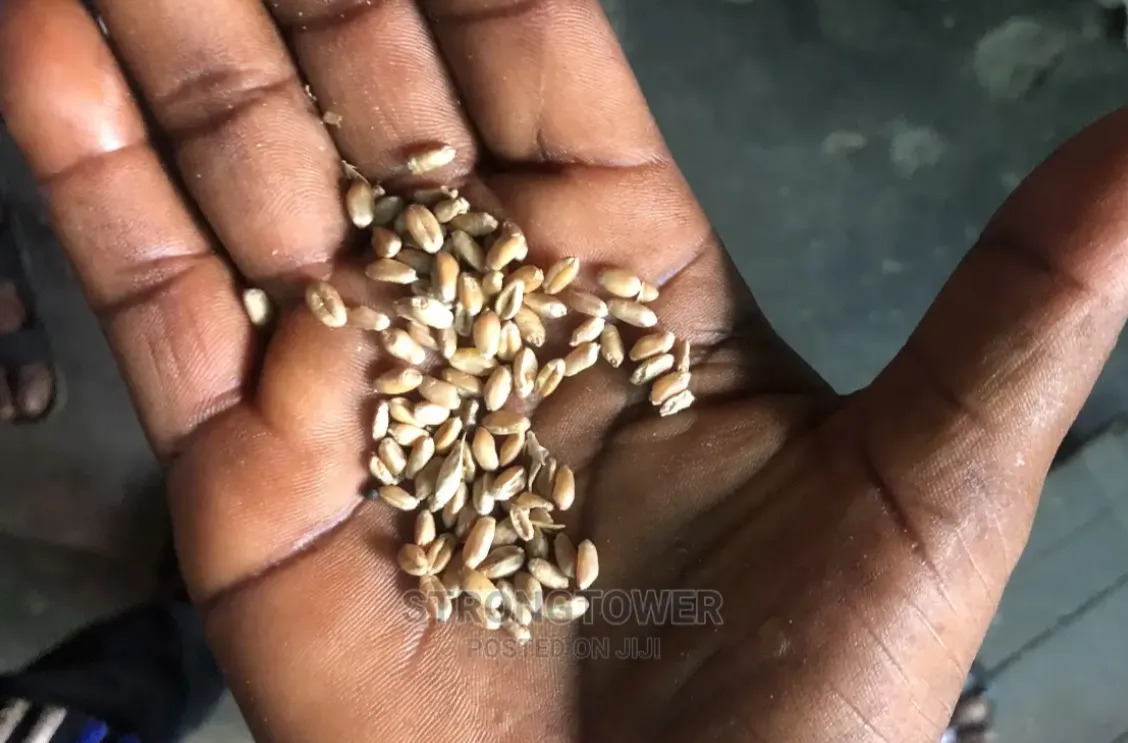
Typically has about 3000-3500 cal/kg.
Or about 667g for 2000 calorie
Cost N 306 / day
Put in a blender to make wheat. Great for making breads! Good source of calories with some protein as well (15%)
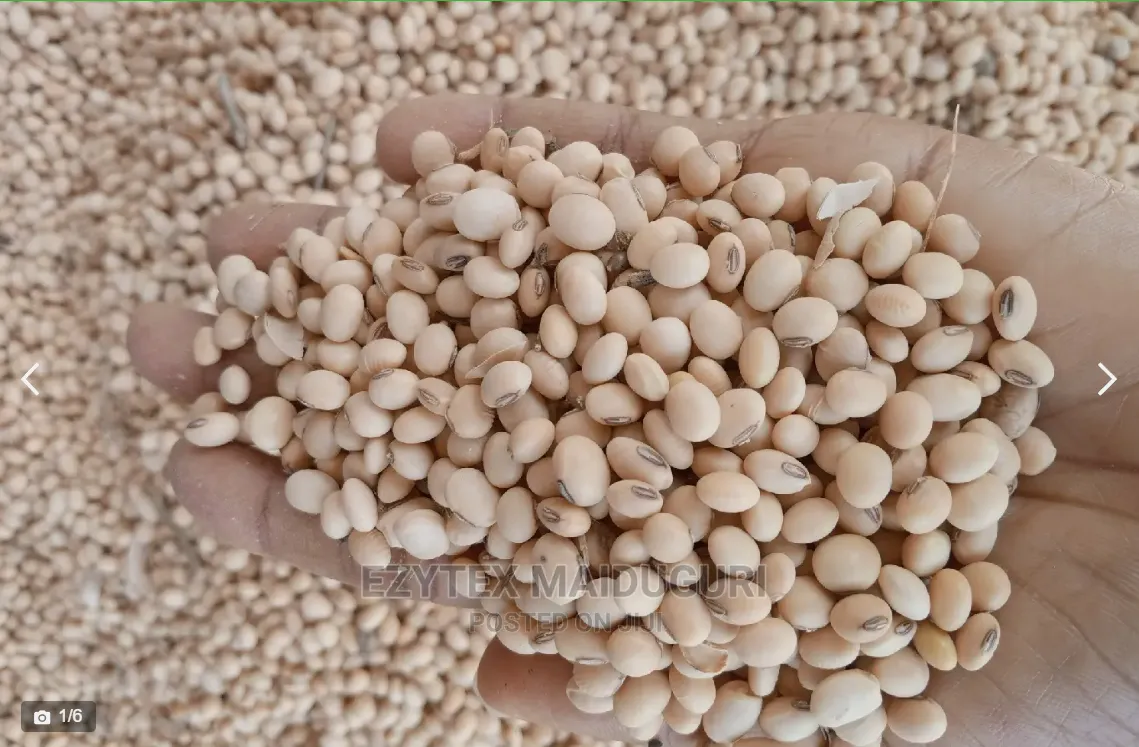
It's even cheaper than wheat which is surprising.
It would only work out to N220/day and it an excellent source of complete protein (35-40%)
Side note: Great for making Soya Milk (Indispensable for me)
The pulp from making soya milk is called Okara and is great filler for bread.
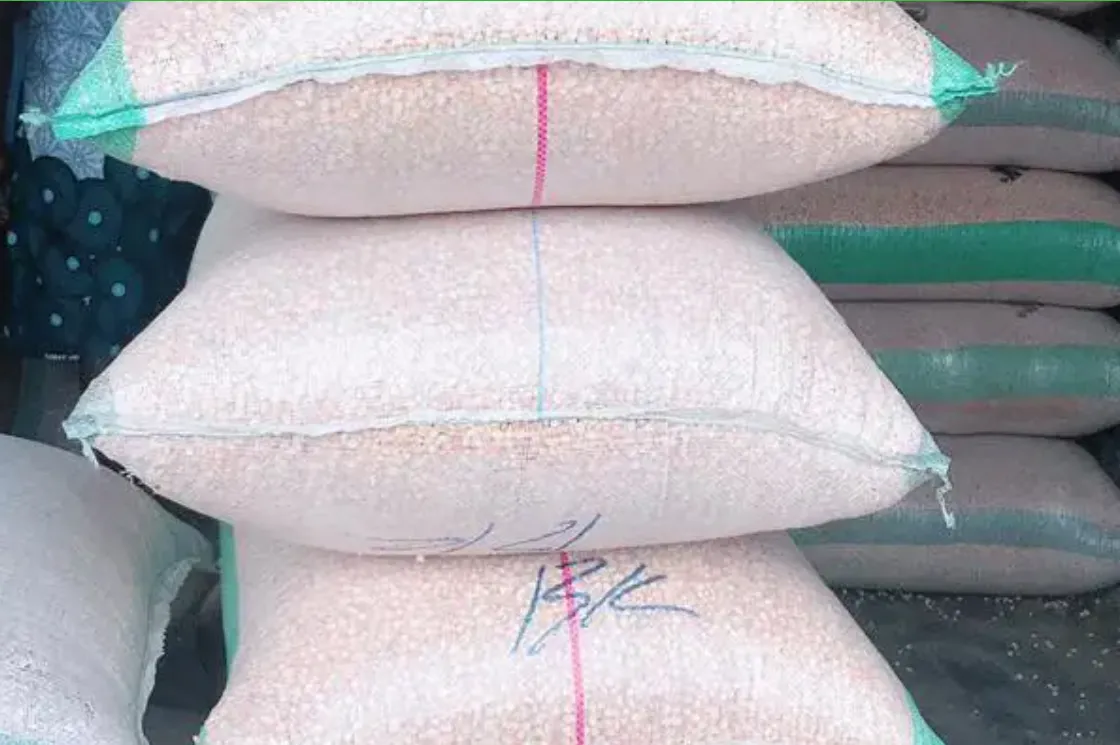
Now that is literally a ton of corn.
However, it works out to only N161 / 2000 calories.
Grind it up to make cornmeal for tortilla, cornbread or other foodstuffs.
Good for carbs but little protein or fat.
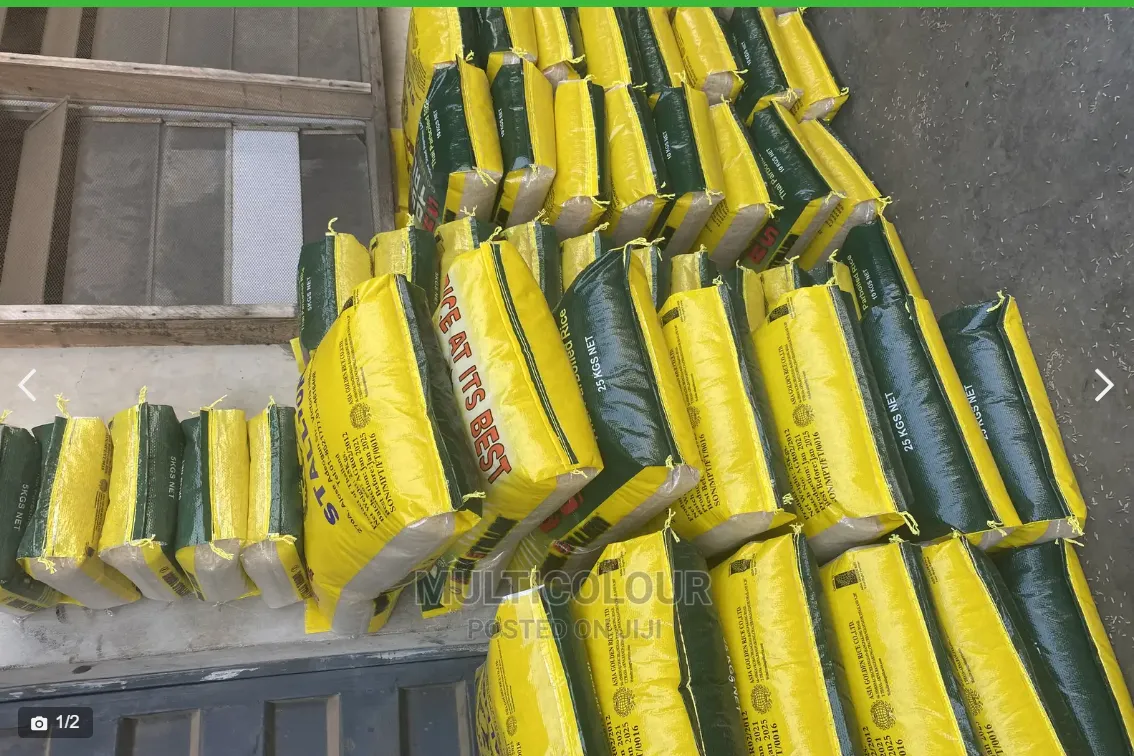
However at N431 per 2000 calories it is actually the most expensive food on this list so far.
However, it still qualifies as affordable as it is under the N1000 cap. It is primarily a good source of carbs.
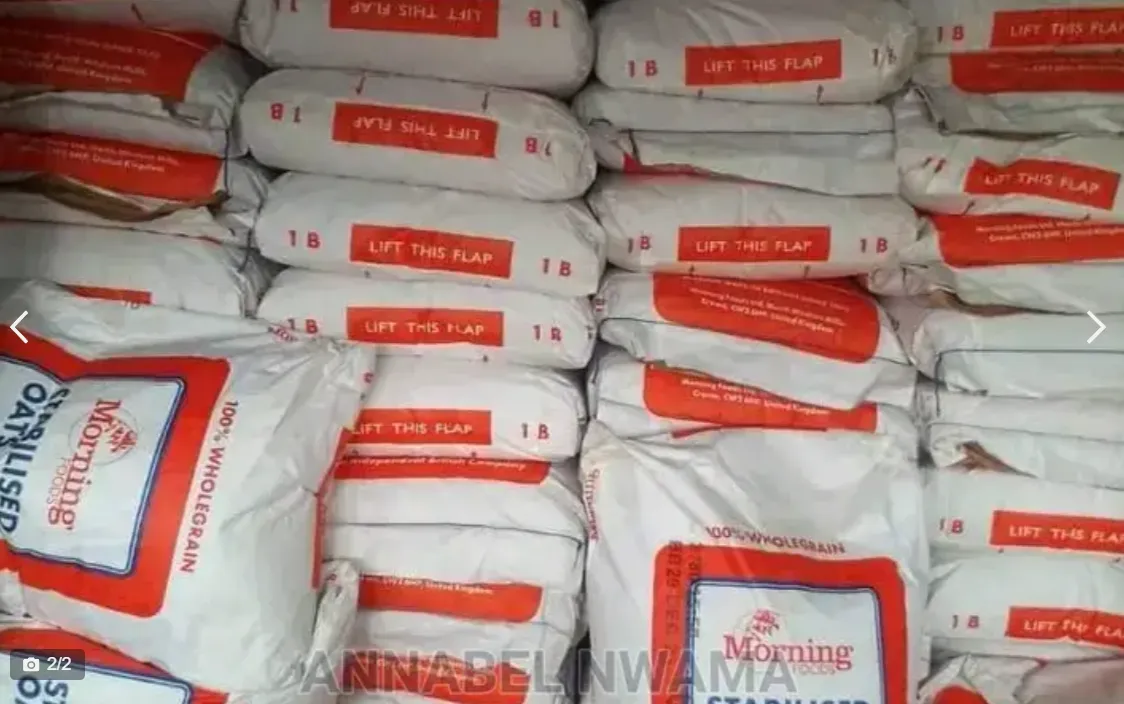
At 329 Naira per 2000 calories Oatmeal is surprisingly expensive.
However, its cheaper than rice and makes a great breakfast. Good for carbs, some protein, and lots of fiber.
Plus it is good in cookies :)
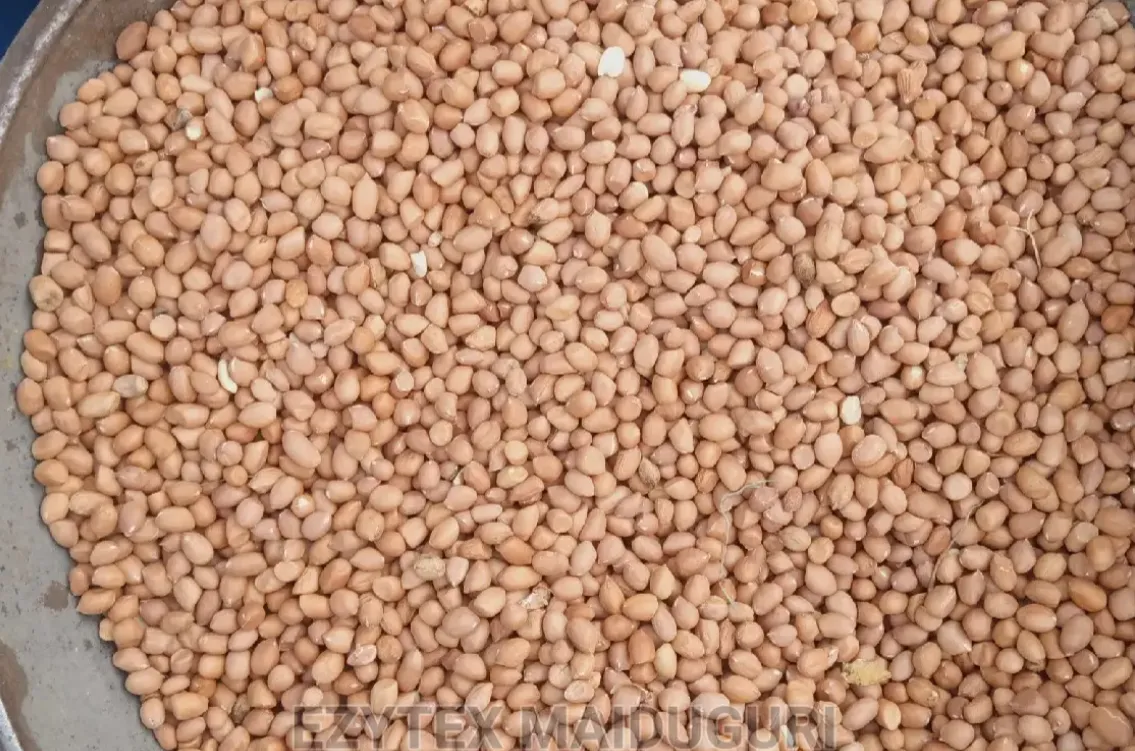
Groundnut works out to about 316 Naira daily.
However, the best part of peanut is that (1) it is high in protein but (2) it is high in fat. In fact you can separate the fat from the nut to get 20L of Peanut oil and 31Kg of peanut meal.
Not a bad was to get some quality oil and have lower fat peanut protein left to make into cookies, cook into bread, or find a use for in other dishes.
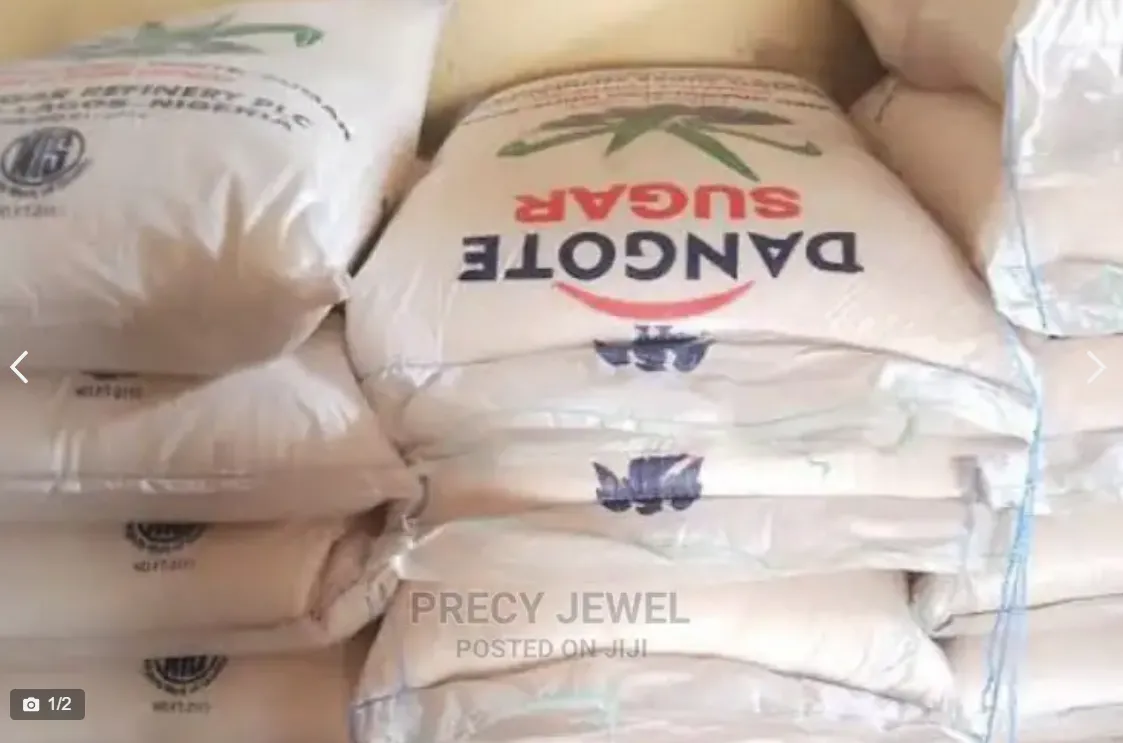
and at 345 Naira for 2000 calories it is an affordable part of the diet also.
Only has carbs but honestly sugar makes lots of things taste so much better.
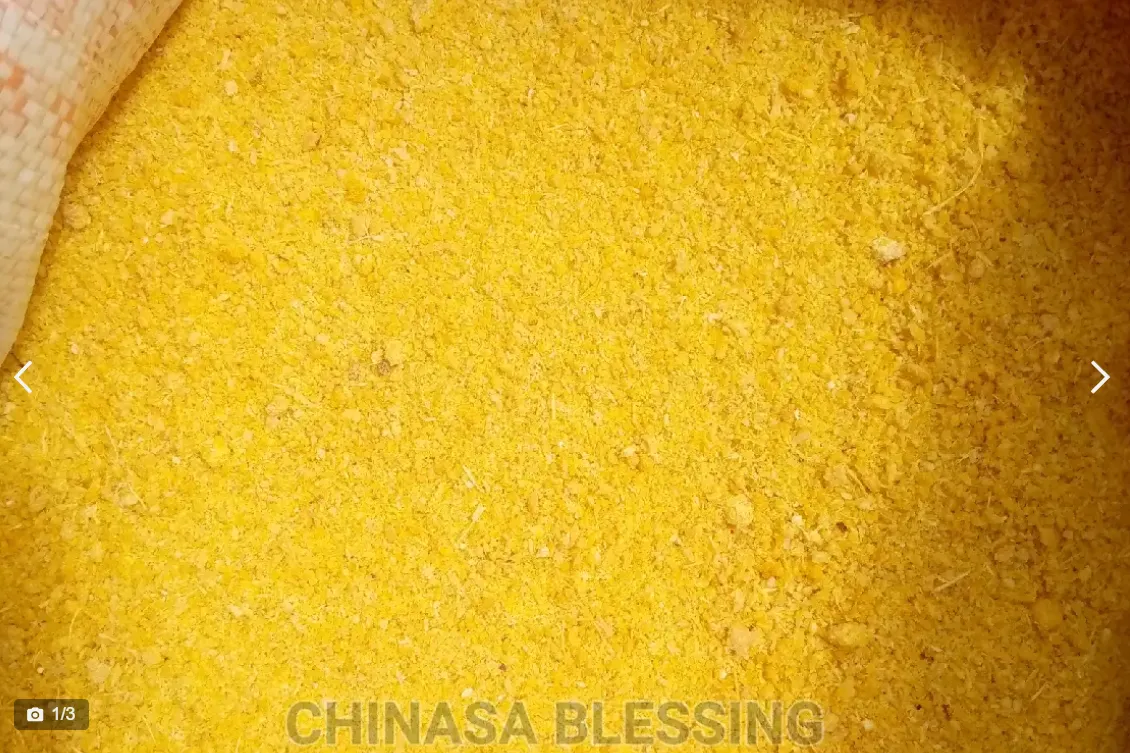
At 225 Naira / 2000 Calories this is certainly an afforable source of food.
It's low in fats or protein so can't be used on its own but still worth making sure its on the table.
Almost entirely carbs but also has some vitamins and minerals.
Table of basic staple foods
| Food | Cost / Day |
|---|---|
| Maize/Corn | N 161 |
| Soya Bean | N 220 |
| Yellow Garri | N 225 |
| Wheat Grain | N 306 |
| Ground nut | N 316 |
| Oatmeal | N 329 |
| Sugar | N 345 |
| Rice | N 431 |
On average the cost of food would be N 250 / day or about 54 cents / day.
That would cover calorie content of 2000 / day and give a variety of carbohydrates, fats, and proteins.
Where did I get this list?
Simple:
In the bible in ancient times lots of bread. Look as the story of Elijah and widow...grain and oil to make bread as staple food.
In ancient Rome lower caste people often ate puls which was an old time version of oatmeal and also beans.
In modern American prisons lots of soya protein. Why? Cheap and nutritious.
In old time Canada. Lots of beans and peas. Why? No refridgeration and gave people energy to keep on working.
However while that DOES cover the macronutrients it does NOT cover all the vitamins and minerals that a person would need. I'm sure that the cooks out there could tell me what could be made from this list better than I can.
I do know it would mean:
Cereal with soya milk for breakfast. With some sugar to sweeten it.
Bread or biscuits to eat during the day. With Okara or protein powder to make it more nutritious.
Corn chips for snacks.
Corn bread to go along with rice and beans for dinner.
As for the Garri. No idea how that is eaten but it would be on the list 😎
Earlier I said that there are drawbacks in buying bulk. This is not saying it would be easy to eat on 30K Naira per month. However at 250 Naira per person per day it is at least possible to look for a solution, depending on what all the other costs add up to.
However, I'll leave it at that for today. On another day I'll write about how to balance out those staple foods with other vegetables and fruits to make for a better diet.
I'll write about how to process those vegetables and fruits to store them over long periods of time without spoilage.
So many other things still need to be worked out.
However, water at 80 Naira per day (see last post) and food at 250 Naira per day (this post). 1/3 of our budget is gone for food and water but 2/3 of our budget is still left to try and shave out a living.
Looking forward to exploring that further in upcoming posts.
If you made it down this far thanks for reading! As always a shoutout for those people who said they were interested in reading this post:
@monica-ene, @emreal, @etorobong, @jmis101, @beautiefair @deborah-yelemu, @jjmusa2004, @nkemakonam89, @drceeyou
anyone else want to get pinged when I make most posts let me know and I'll add you. Don't want to be on the list? No problem let me know and I'll happily remove.
Thanks